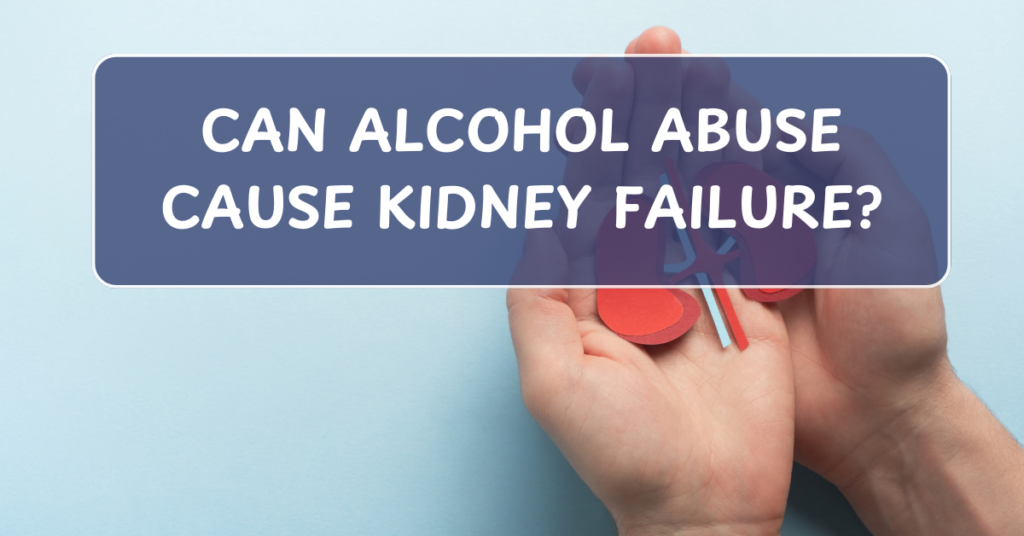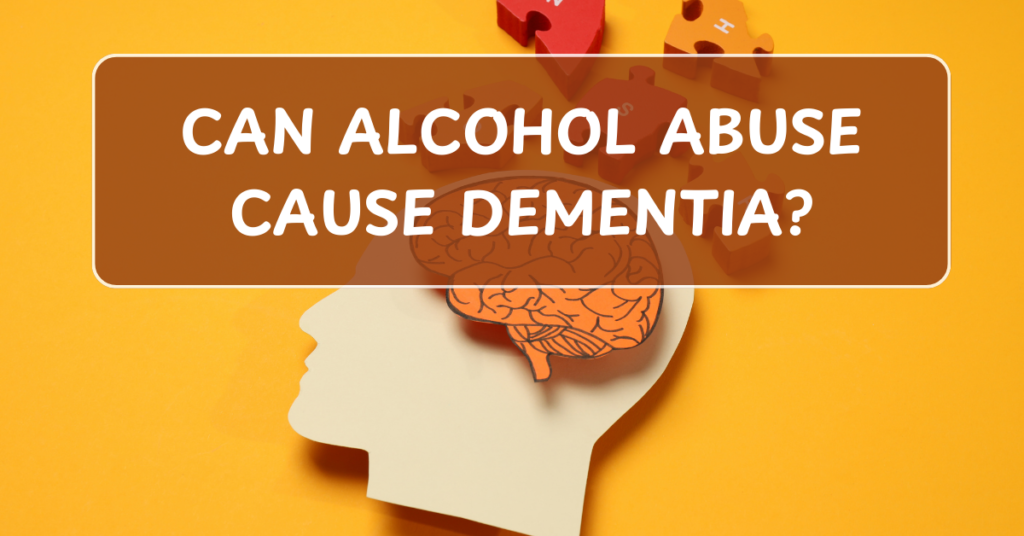
Yes, alcohol abuse can contribute to kidney failure. While moderate alcohol consumption may not pose significant risks to the kidneys in healthy individuals, excessive and chronic alcohol abuse can harm kidney function over time. Alcohol affects the kidneys both directly and indirectly, and its impact is often compounded by other health problems associated with heavy drinking.
Below is a detailed exploration of how alcohol abuse affects kidney health and can lead to kidney failure.
1. How Alcohol Affects the Kidneys
The kidneys play a vital role in filtering toxins, maintaining fluid and electrolyte balance, and regulating blood pressure. Alcohol abuse interferes with these functions in several ways:
a. Dehydration
Alcohol is a diuretic, meaning it increases urine production and leads to dehydration.
- Impact on Kidneys: Dehydration reduces blood flow to the kidneys, impairing their ability to function properly. Over time, repeated episodes of dehydration can damage kidney tissues.
b. Increased Blood Pressure
Chronic alcohol abuse raises blood pressure, a major risk factor for kidney disease.
- Impact on Kidneys: High blood pressure damages the blood vessels in the kidneys, reducing their ability to filter waste and fluids effectively.
c. Toxin Accumulation
The kidneys filter alcohol-related toxins from the bloodstream. Excessive alcohol intake places an extra burden on the kidneys.
- Impact on Kidneys: Over time, this strain can lead to kidney dysfunction and eventually kidney failure.
2. Alcohol and Kidney Disease
a. Acute Kidney Injury (AKI)
Binge drinking or heavy alcohol consumption can cause a sudden decline in kidney function, known as acute kidney injury.
- How It Happens: AKI occurs when dehydration, low blood pressure, or toxin buildup temporarily overwhelms the kidneys’ ability to filter blood.
- Reversibility: In some cases, AKI resolves with proper treatment, but repeated episodes can cause lasting damage.
b. Chronic Kidney Disease (CKD)
Long-term alcohol abuse can contribute to chronic kidney disease, a progressive condition that leads to kidney failure over time.
- Contributing Factors: High blood pressure, liver disease, and diabetes (often linked to alcohol abuse) are common causes of CKD.
- Progression to Kidney Failure: If untreated, CKD can progress to end-stage renal disease (ESRD), requiring dialysis or a kidney transplant.
3. Alcohol, Liver Disease, and Kidneys
Alcohol abuse frequently causes liver damage, including cirrhosis. The relationship between the liver and kidneys means that liver damage can negatively impact kidney function.
- Hepatorenal Syndrome (HRS): This is a severe complication of liver failure in which the kidneys suddenly stop working. It is often seen in individuals with advanced alcoholic liver disease.
- Fluid Imbalance: Liver disease leads to fluid retention, which increases the workload on the kidneys and may contribute to their failure.
4. Other Health Issues that Compound Kidney Damage
a. Diabetes
Chronic alcohol abuse can lead to Type 2 diabetes, which is a leading cause of kidney failure.
b. Cardiovascular Problems
Heart disease, often linked to heavy drinking, reduces blood flow to the kidneys, impairing their function.
c. Alcohol-Related Infections
Alcohol weakens the immune system, making the body more susceptible to urinary tract infections (UTIs) and kidney infections, which can damage the kidneys.
5. Prevention and Treatment
a. Prevention
- Limit alcohol consumption to moderate levels (one drink per day for women, two for men).
- Stay hydrated when consuming alcohol to reduce the risk of dehydration.
- Monitor blood pressure and blood sugar levels, especially if you drink regularly.
b. Treatment for Alcohol-Related Kidney Damage
- Medical Evaluation: Seek medical attention for symptoms like swelling, fatigue, changes in urination, or persistent nausea, which may indicate kidney problems.
- Lifestyle Changes: Reducing or eliminating alcohol use can prevent further kidney damage.
- Dialysis or Transplant: In severe cases of kidney failure, treatment may include dialysis or a kidney transplant.
6. When to Seek Help
If you or someone you know struggles with alcohol abuse and is experiencing symptoms of kidney problems, it is crucial to seek professional help. Early intervention can prevent kidney failure and improve overall health outcomes.
Conclusion
Alcohol abuse is a significant risk factor for kidney failure, as it harms the kidneys both directly and through its impact on related health conditions like high blood pressure, liver disease, and diabetes. Moderation in alcohol consumption and maintaining overall health are essential for protecting kidney function. If you’re struggling with alcohol dependency, seeking help can make a significant difference in preventing long-term complications, including kidney failure.


